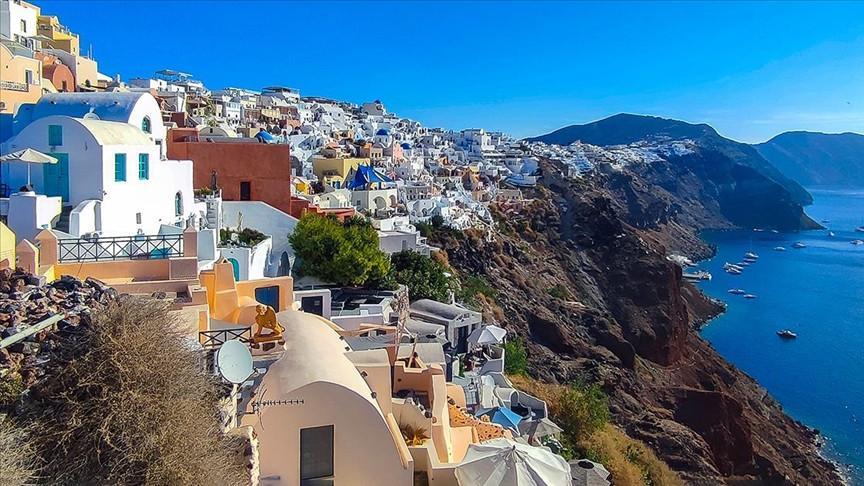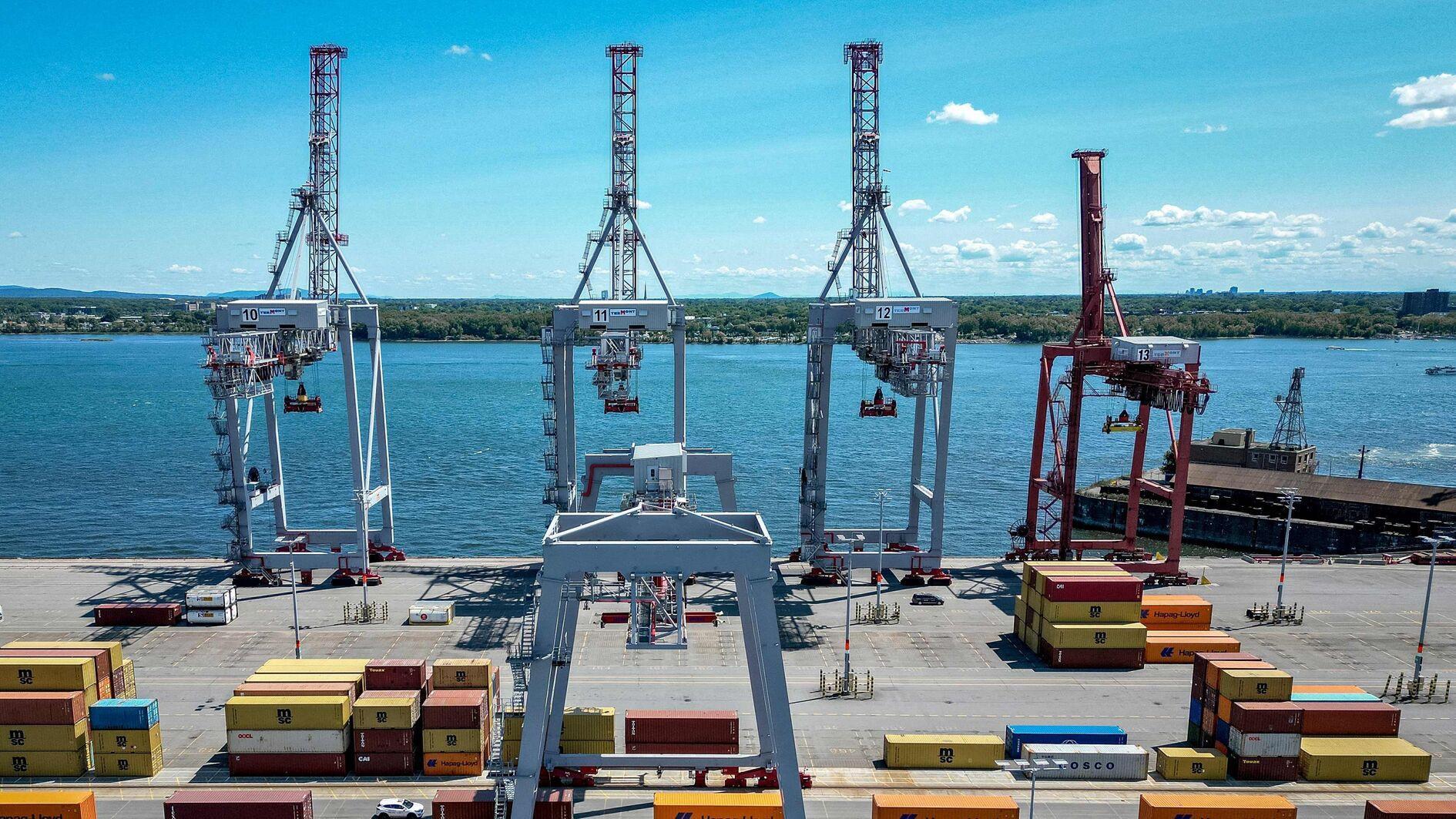Overtourism threatens Greek islands’ appeal, bank report says
ATHENS

Overtourism is threatening the appeal of Greek islands, while the tourism hubs need around 35 billion euros ($40.6) in infrastructure investment over the next decade to maintain their leading position in global tourism, a report by the National Bank of Greece has said.
The bank highlighted transport, energy, water and waste management as key sectors requiring urgent upgrades, as the islands host nearly half of Greece’s foreign visitors.
The study stressed that beyond funding, a modern governance framework is essential to coordinate projects and ensure resources are effectively used.
Without this, the islands’ current tourism success could be undermined by outdated infrastructure, the report noted.
Island arrivals have doubled in the last 15 years, reaching 16 million in 2024, with seven islands ranked among the world’s top 30 destinations.
However, high seasonal tourist density — up to 33 visitors per square kilometer during peak months — places heavy strain on infrastructure, while past per capita investments have remained similar to the mainland.
The bank estimated that annual investment needs should rise from 2 billion euros to 3.5 billion euros to cover seasonal population surges and the additional costs of operating in isolated locations, totaling 35 billion euros by 2035.
The bank also noted opportunities for sustainable growth, including attracting long-haul, high-spending tourists and encouraging off-peak travel. If leveraged, these trends could raise per-capita tourist spending by 15 percent and reduce peak-season congestion.
Last year, 1.15 million passengers traveled to the Greek islands from the ports on Türkiye’s Aegean costs.
In March, Greece extended by a year a visa scheme for Turkish nationals wishing to visit 12 islands in the Aegean Sea for up to a week, continuing a program.















